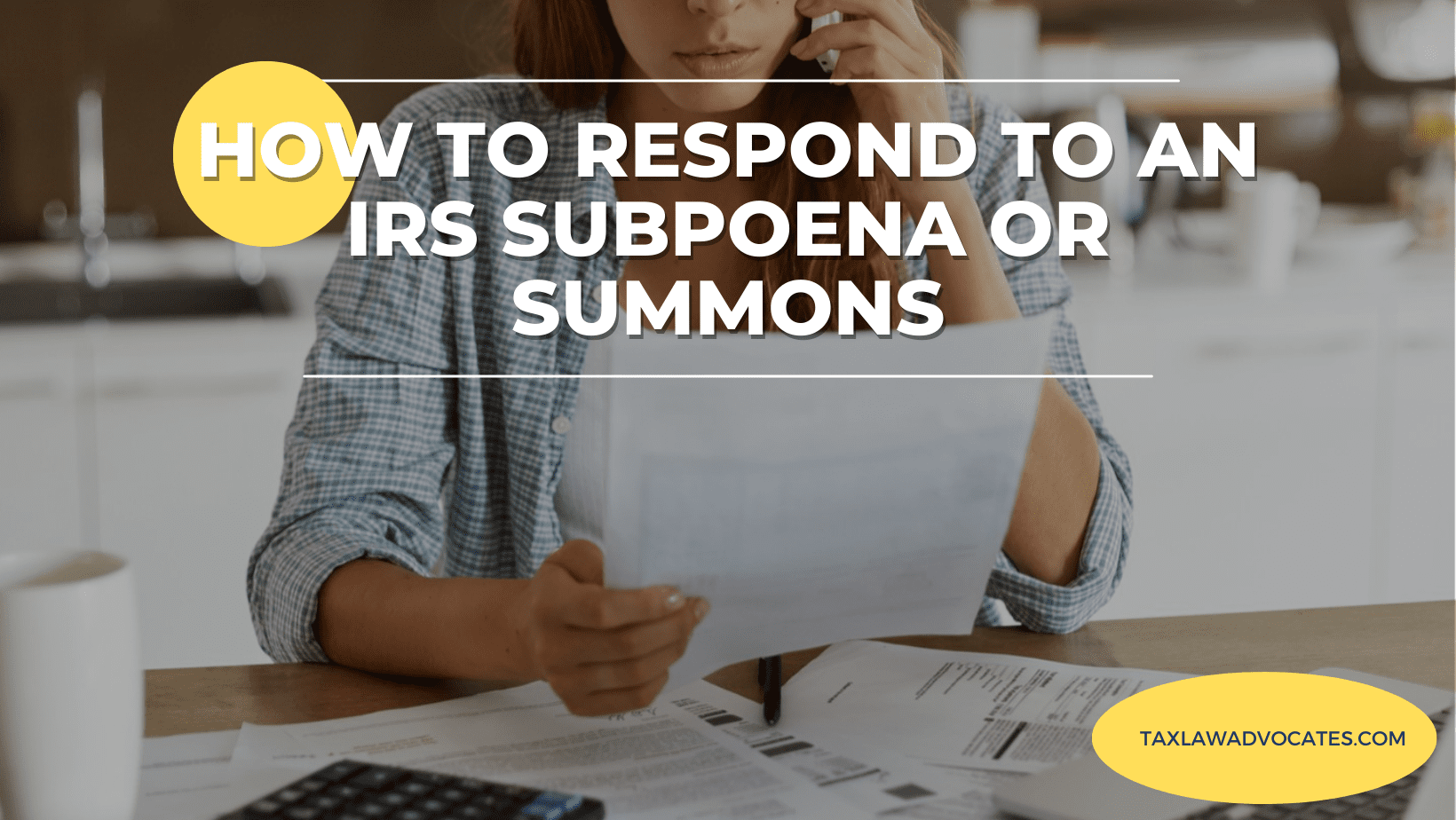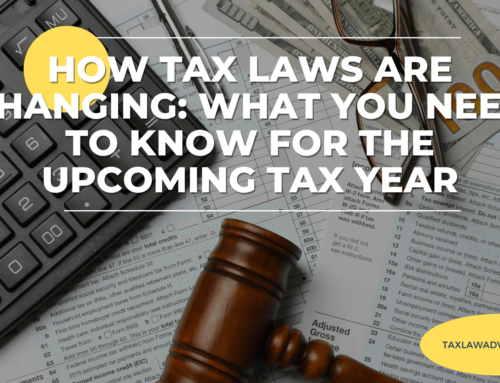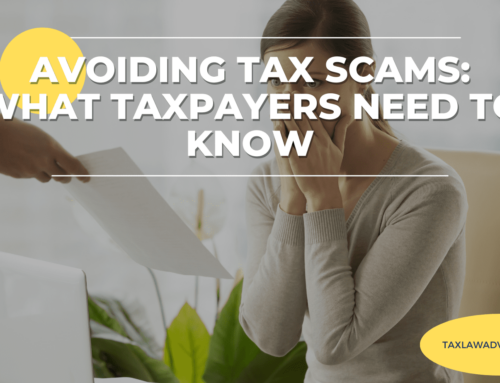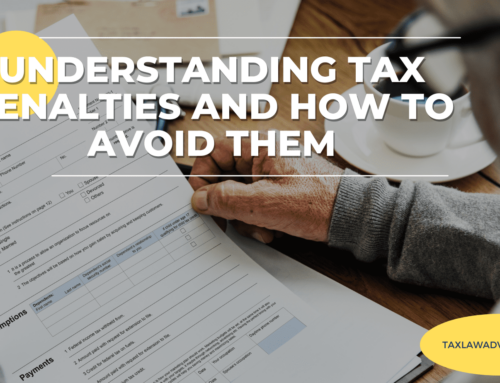Receiving an IRS subpoena or summons can be an intimidating experience. If the Internal Revenue Service (IRS) contacts you with a formal request for documents, testimony, or records, it’s crucial to understand your rights, obligations, and the best course of action. Failure to respond appropriately could result in legal consequences, including fines or even enforcement actions.
At Tax Law Advocates, we specialize in tax resolution, audit representation, and IRS negotiations to ensure our clients handle these matters efficiently and legally. This guide will explain what an IRS summons is, why you might receive one, and the best steps to take when responding.
What Is an IRS Subpoena or Summons?
An IRS summons is a legal order issued by the IRS to compel individuals, businesses, or third parties (such as banks or employers) to provide financial records, documents, or testimony in connection with a tax investigation. The IRS generally issues a summons if it needs more information to determine tax liability or if an individual has failed to comply with previous requests.
A subpoena is similar but typically issued by a court and may be used when the IRS escalates an investigation into potential fraud, tax evasion, or other violations.
The IRS uses these tools to:
- Investigate unpaid taxes or underreported income
- Gather records for audits and tax disputes
- Obtain financial details from third parties (such as banks, employers, or business partners)
- Build a case for civil or criminal tax enforcement
If you receive a summons or subpoena, do not ignore it—doing so could result in serious legal consequences.
Why You Might Receive an IRS Summons
There are several reasons why the IRS may issue a summons or subpoena, including:
- Failure to Respond to Previous IRS Requests
- If you’ve ignored IRS notices about unpaid taxes, missing returns, or audit requests, they may escalate the matter with a formal summons.
- Ongoing IRS Audit or Investigation
- The IRS may request bank records, business records, or other financial documents to complete an audit or review discrepancies in reported income.
- Third-Party Requests
- The IRS may contact banks, employers, or financial institutions to obtain information about your income, transactions, or assets.
- Suspected Tax Evasion or Fraud
- In cases where the IRS believes intentional tax evasion has occurred, they may issue subpoenas to gather evidence for potential civil or criminal prosecution.
- Delinquent Tax Debt Collection
- If you owe significant tax debt, the IRS may issue a summons to determine your financial status and whether enforcement actions like levies or garnishments should proceed.
Understanding why you received an IRS summons is critical to determining your next steps.
What to Do When You Receive an IRS Summons
1. Review the Summons Carefully
Once you receive an IRS summons, the first step is to read it carefully. Pay attention to:
- Who is being summoned (you, your business, or a third party)
- What information is requested (documents, testimony, or both)
- The deadline to comply
- Location and time for any in-person appearances
If you’re uncertain about what is required, consult a tax professional immediately.
2. Do Not Ignore the Summons
Ignoring an IRS summons can lead to serious legal trouble. If you fail to respond, the IRS may:
- Take legal action to enforce compliance
- Seek a court order (which can result in contempt charges)
- Assess additional penalties and interest
- Escalate the case to a criminal investigation
Acting promptly protects your rights and ensures you stay in control of the situation.
3. Gather the Requested Documents
If the IRS requests financial records, bank statements, or tax returns, start gathering these documents as soon as possible. Some common documents requested include:
- Personal and business tax returns (past 3–6 years)
- Bank statements and financial records
- W-2s, 1099s, or payroll documents
- Business expense records
- Property ownership and asset records
Missing documents? Contact Tax Law Advocates—we can help request missing records or negotiate with the IRSto modify requests.
4. Know Your Rights
Under IRS rules, you have certain rights when responding to a summons, including:
- The right to consult with a tax attorney before responding
- The right to request a rescheduling if the deadline is unreasonable
- The right to challenge the summons in court if it’s overly broad or unreasonable
- The right to assert privilege (such as attorney-client privilege) to protect certain confidential communications
5. Seek Professional Legal Assistance
Handling an IRS summons on your own is risky. A tax attorney can:
- Communicate with the IRS on your behalf
- Ensure compliance while protecting your legal rights
- Negotiate modifications to document requests
- Prevent the situation from escalating into a criminal case
At Tax Law Advocates, our experienced tax professionals routinely handle IRS audits, summons responses, and tax dispute negotiations. We work to reduce your liability, prevent penalties, and protect your assets.
What Happens If You Ignore an IRS Summons?
Failing to respond to an IRS summons can result in:
- Court enforcement actions (IRS can take you to federal court)
- Contempt charges (potential fines or imprisonment for noncompliance)
- Asset seizures, bank levies, or wage garnishments
- Increased scrutiny of your tax filings
Taking swift action and seeking professional help can prevent these consequences.
How Tax Law Advocates Can Help
Facing an IRS summons or subpoena? Don’t go through it alone. At Tax Law Advocates, we provide:
- IRS Summons Representation: We communicate with the IRS on your behalf.
- Audit Defense & Compliance: We ensure that document requests are reasonable and legally sound.
- Summons Negotiation: We negotiate deadlines and the scope of the request.
- Legal Protection: We protect you from excessive penalties and enforcement actions.
Talk To A Professional Today
Receiving an IRS subpoena or summons is a serious matter, but you have options. Acting promptly, understanding your rights, and seeking professional tax guidance can help resolve the issue efficiently.
If you’ve been contacted by the IRS regarding a summons or subpoena, call Tax Law Advocates today at 855-612-7777 for a confidential consultation. Our experienced team will review your case, protect your rights, and develop a strategy to resolve your tax issue effectively.






